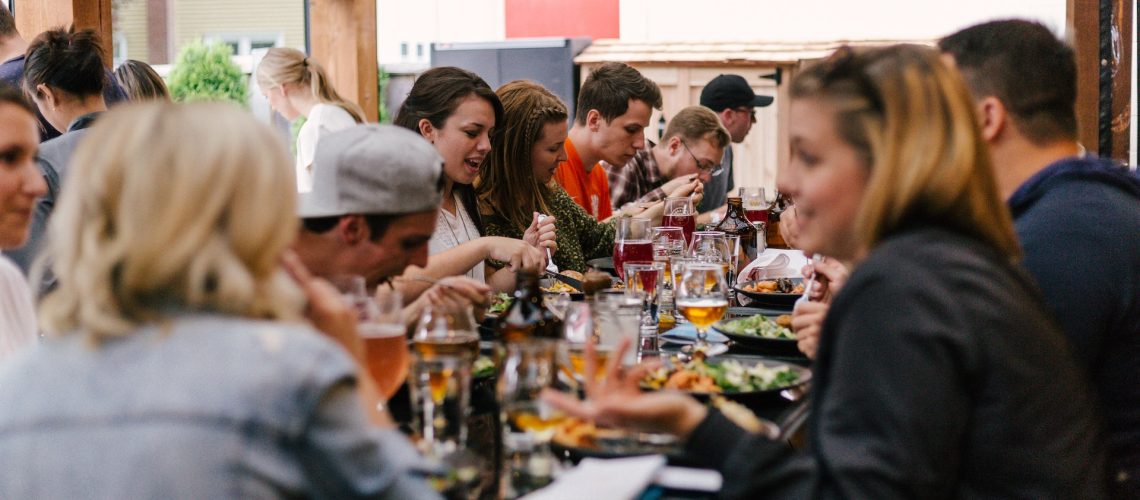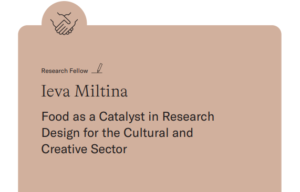Food, beyond its nutritional value, holds the key to addressing pressing global challenges. As changemakers and workshop facilitators, delving into discussions about food systems and building knowledge can ignite transformative shifts in society’s unsustainable habits. This article explores the significance of food dialogues and knowledge-sharing and offers examples of facilitation methods to drive positive change.
1. Understanding Food Systems:
Discussing food systems sheds light on the complex web that connects agriculture, production, distribution, and consumption. By unraveling these intricacies, participants grasp the environmental, social, and economic implications of their food choices. Facilitators can design workshops that explore the journey of food from farm to table, fostering informed decision-making.
2. Raising Awareness of Impacts:
Knowledge about food systems empowers individuals to comprehend their role in larger environmental and societal contexts. Through workshops, changemakers can highlight the ecological consequences of food waste, carbon emissions, and unsustainable farming practices. This awareness prompts participants to reassess their habits and strive for more responsible choices.

3. Exploring Alternatives:
Facilitators can organize sessions that introduce sustainable alternatives such as plant-based diets, local sourcing, and reducing food waste. These workshops inspire participants to experiment with new approaches and understand the positive impact their choices can have on resource conservation and reduced ecological footprints.
4. Connecting Local and Global:
By discussing the global food crisis and its local implications, facilitators can foster empathy and urgency. Participants learn about disparities in access to nutritious food and the importance of supporting local food economies. This knowledge motivates individuals to take action and advocate for systemic change.
5. Inspiring Collective Action:
Knowledge-sharing workshops can explore success stories of communities adopting sustainable food practices. These stories serve as catalysts for discussion on implementing similar initiatives locally. By illustrating the power of collective action, participants are encouraged to join or initiate projects that promote sustainable food systems.

6. Embracing Culinary Education:
Facilitators can organize workshops on mindful cooking, teaching participants to create nutritious meals from locally sourced ingredients. Equipped with culinary skills, individuals are more likely to make conscious food choices that align with sustainability goals.
Talking about food systems and sharing knowledge can change societies for the better. As changemakers and workshop leaders, you play a crucial role in starting these conversations and helping people understand. By organizing workshops about food systems, showing how our choices affect the environment, exploring better options, linking global problems to local actions, and teaching cooking skills, you can motivate people to make smart, eco-friendly choices. Together, through sharing knowledge, we can reshape habits, create sustainable food systems, and build a healthier future for everyone!
– – – – – – – – –
Images by: Priscilla Du Preez, Conscious design, Artur Rutkowski from Unsplash








